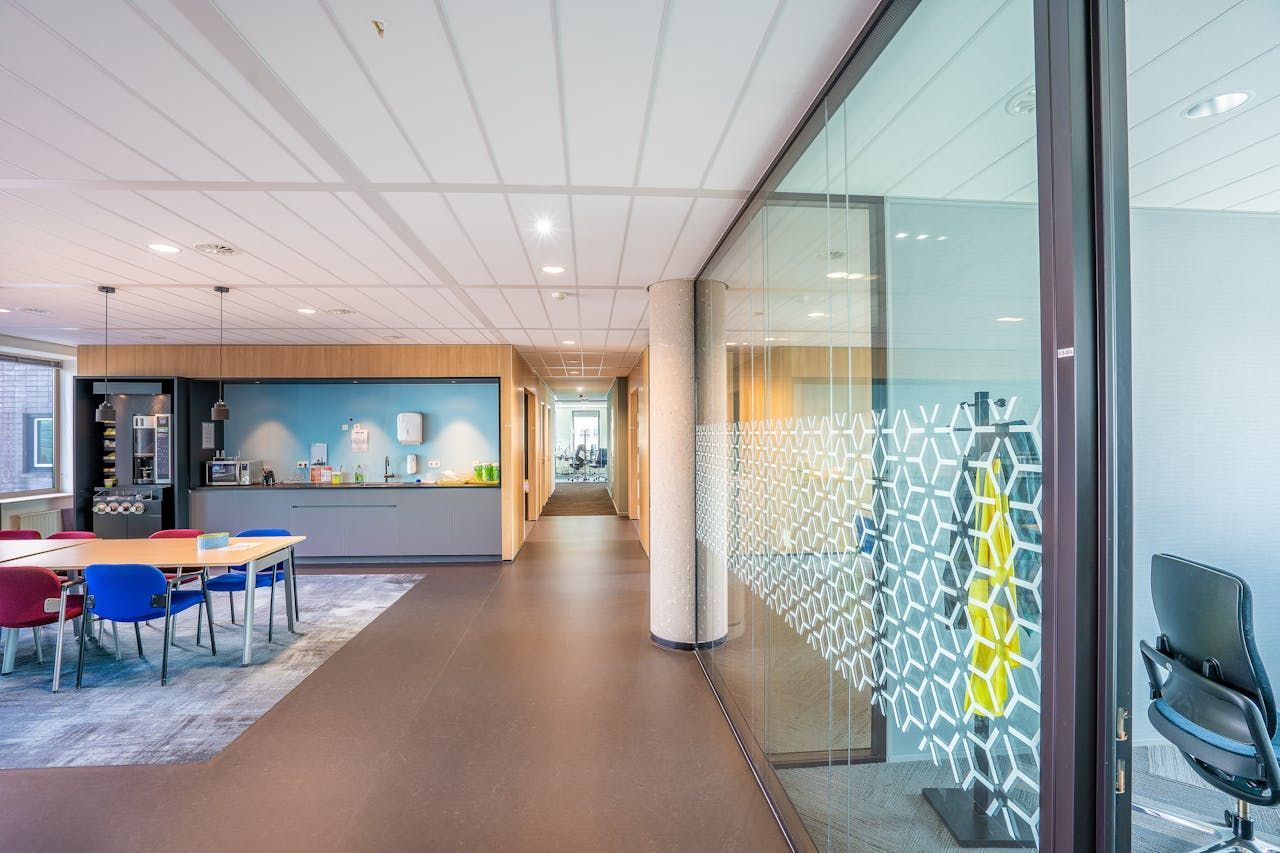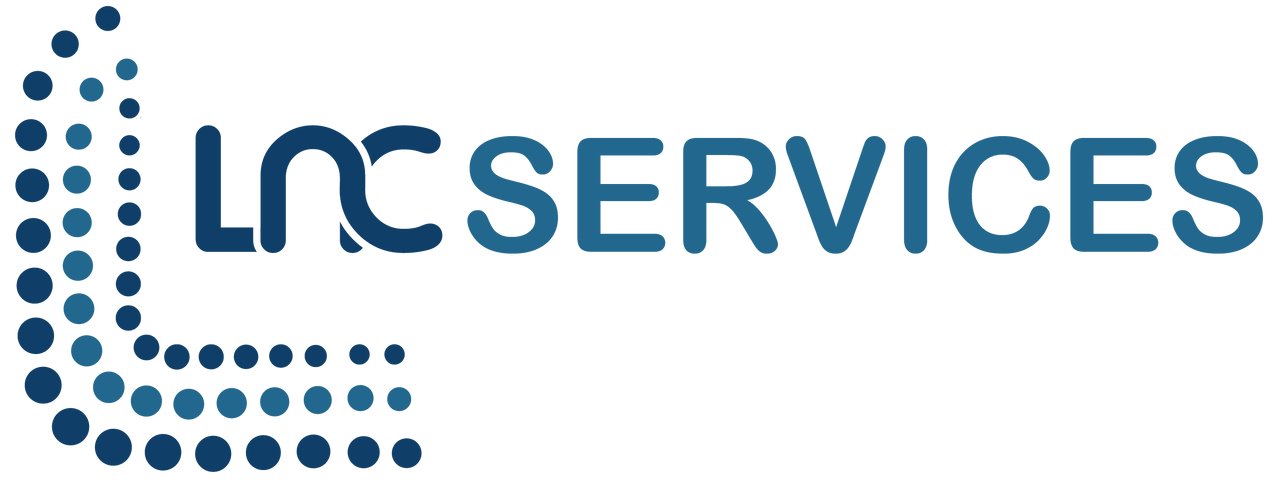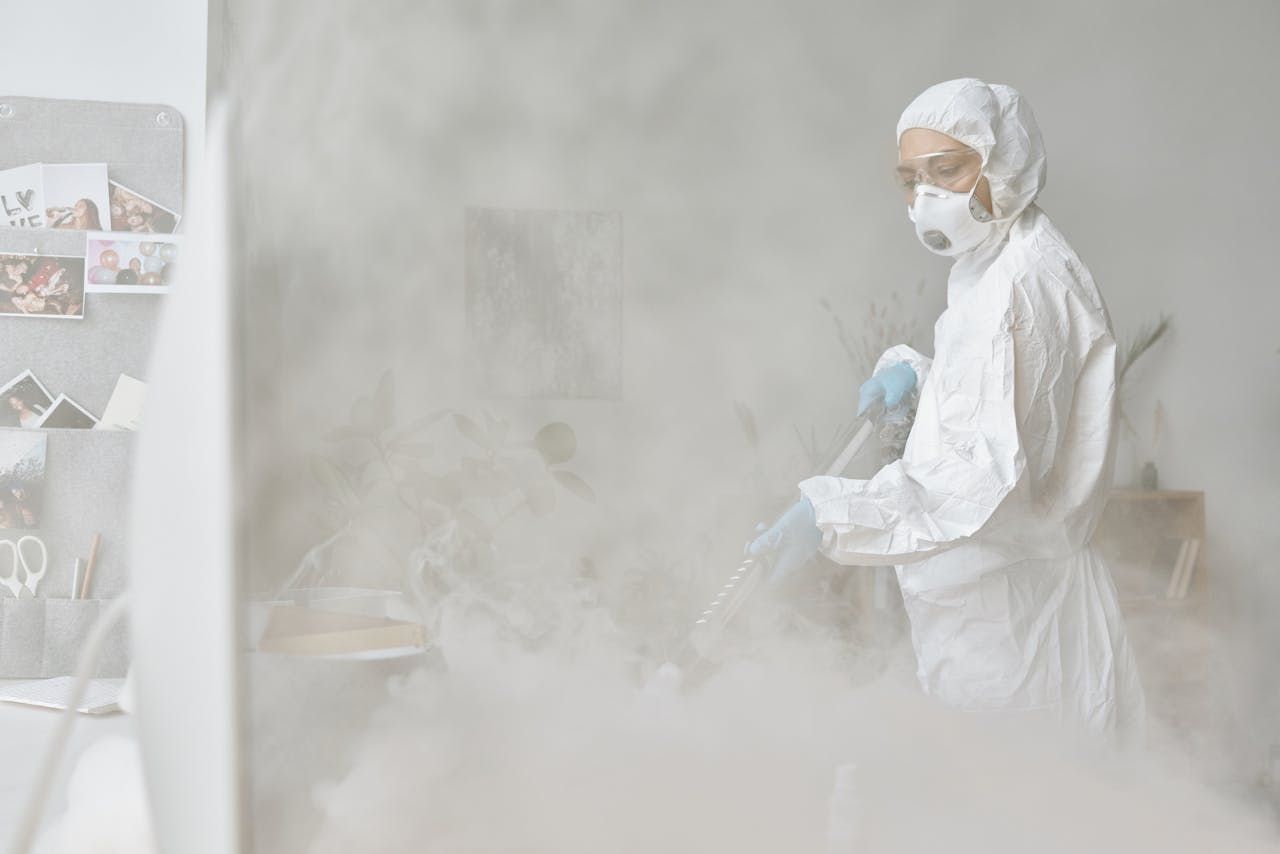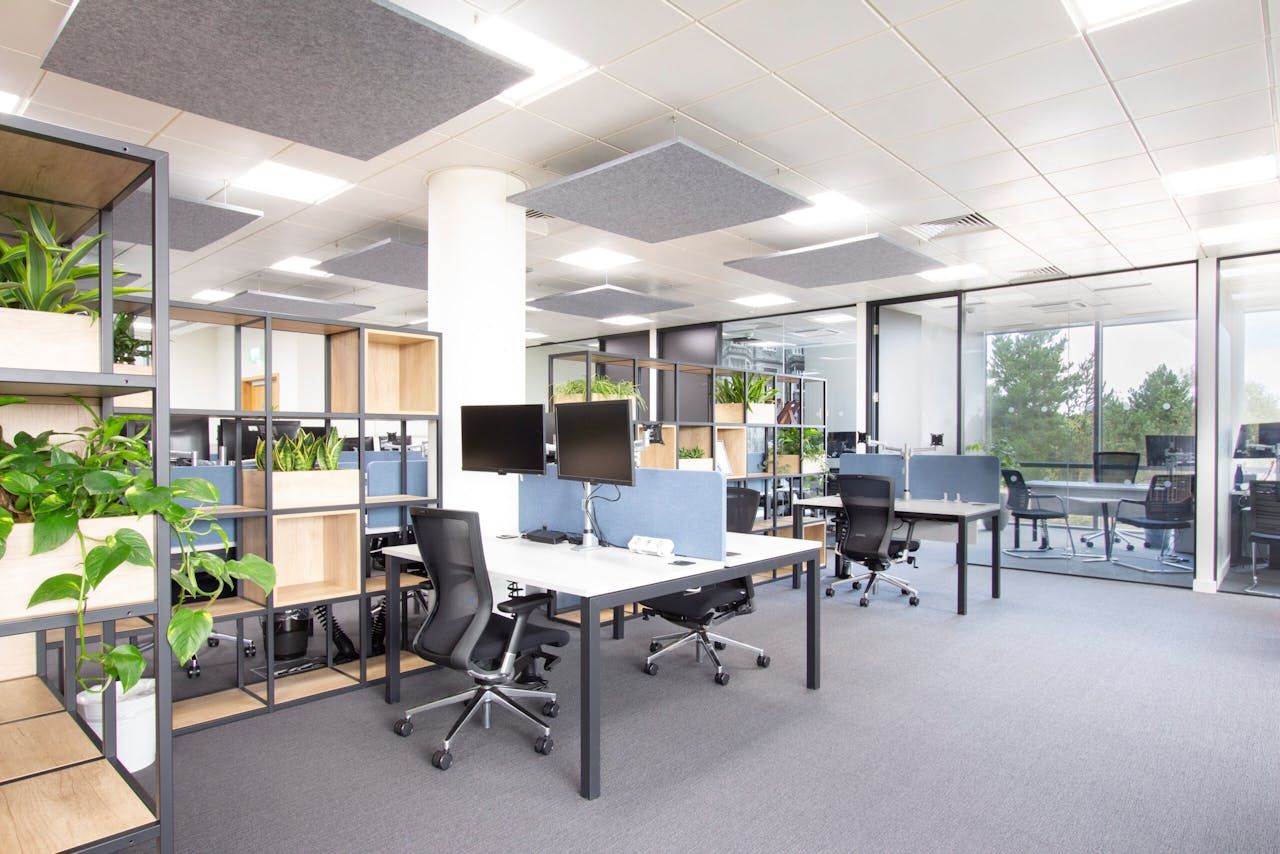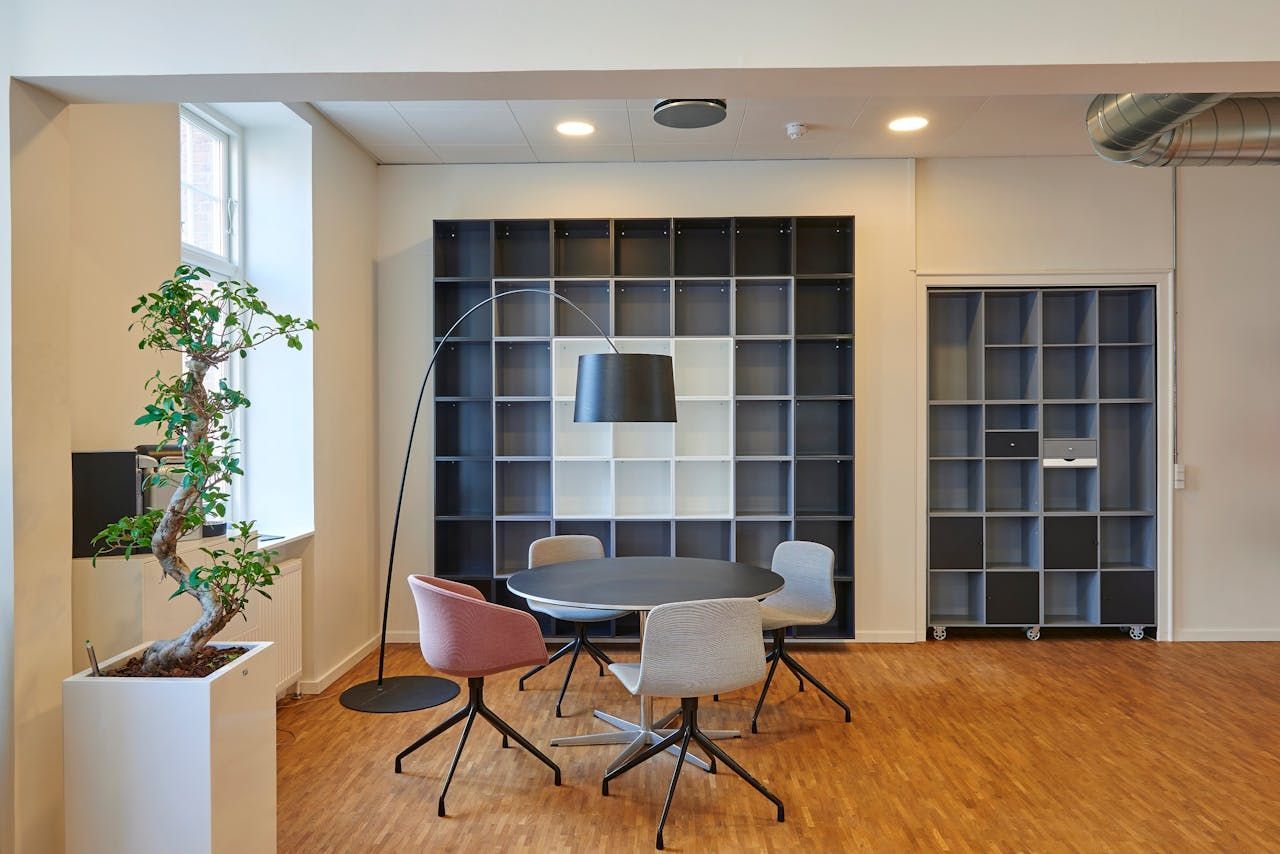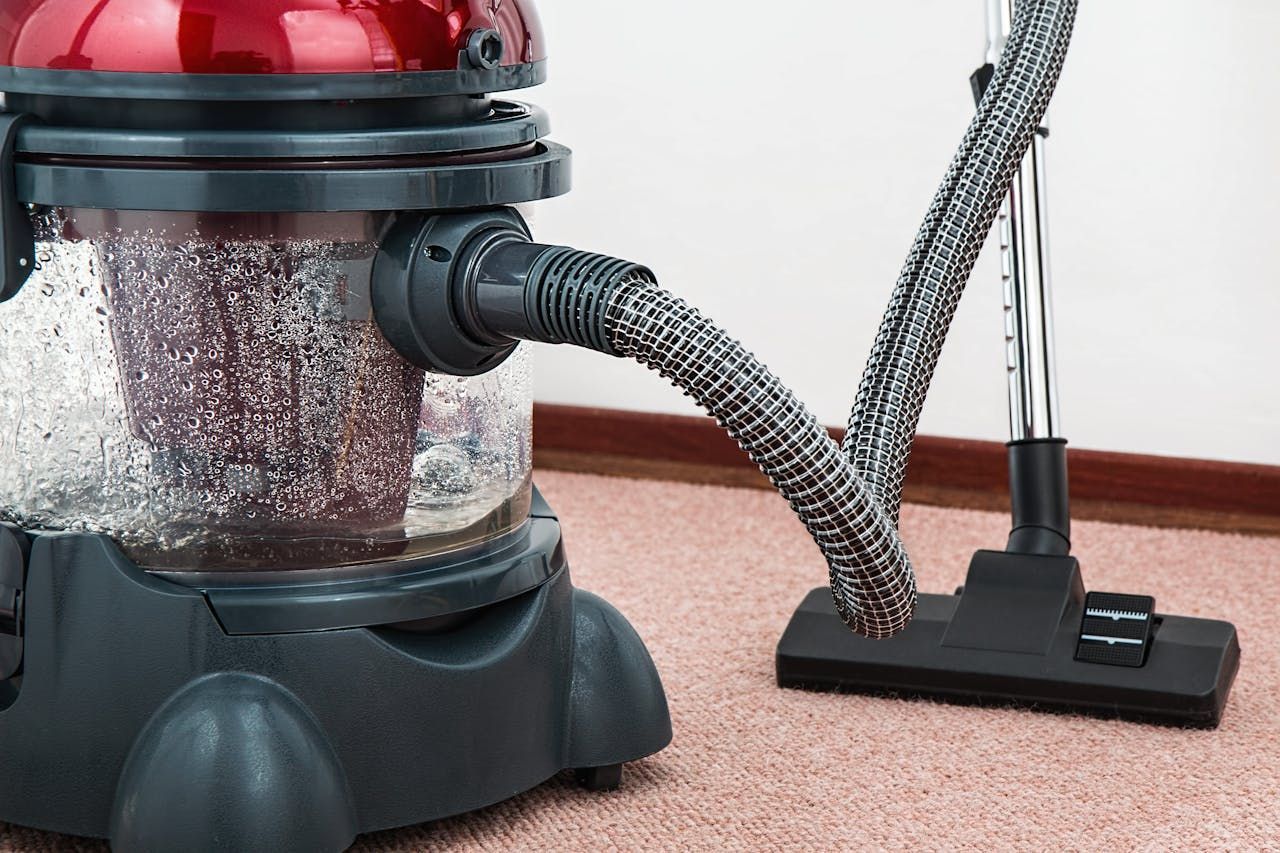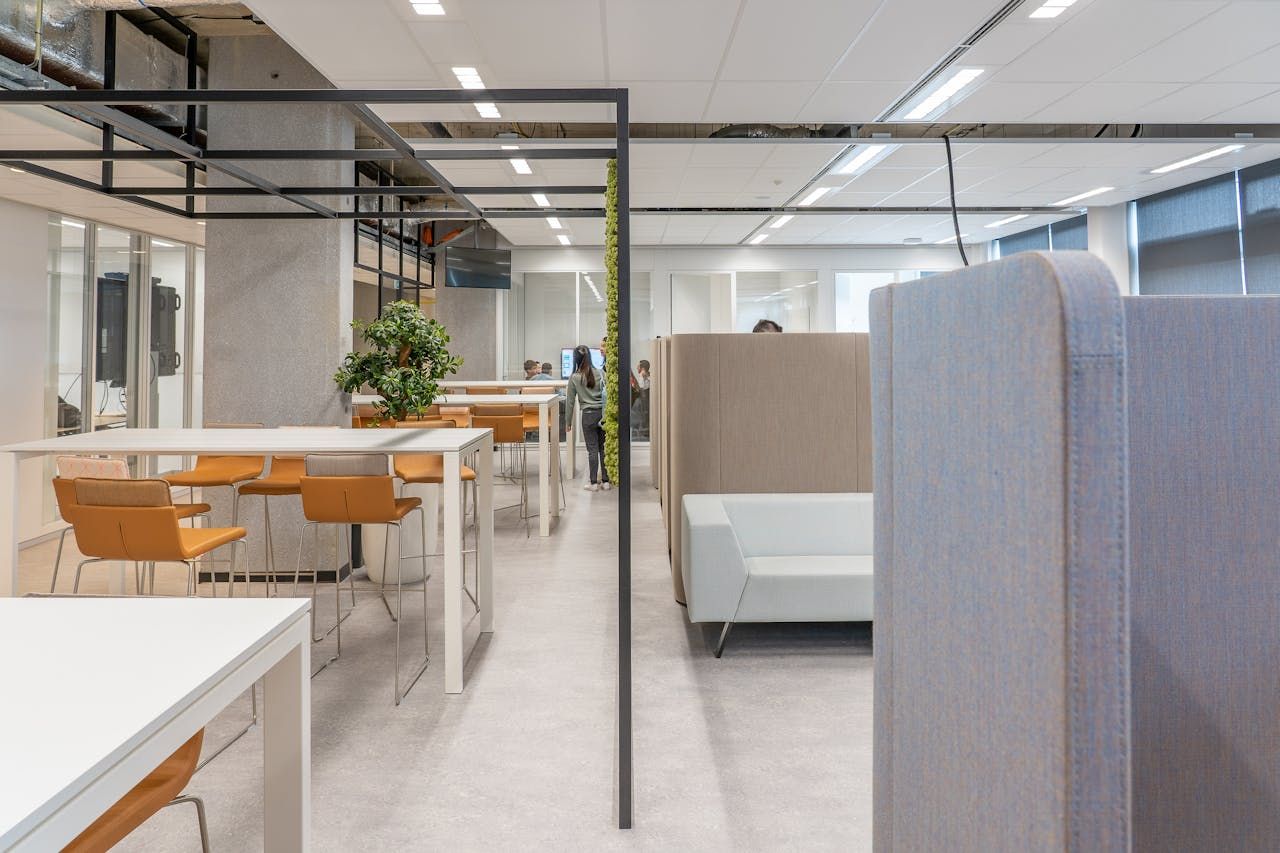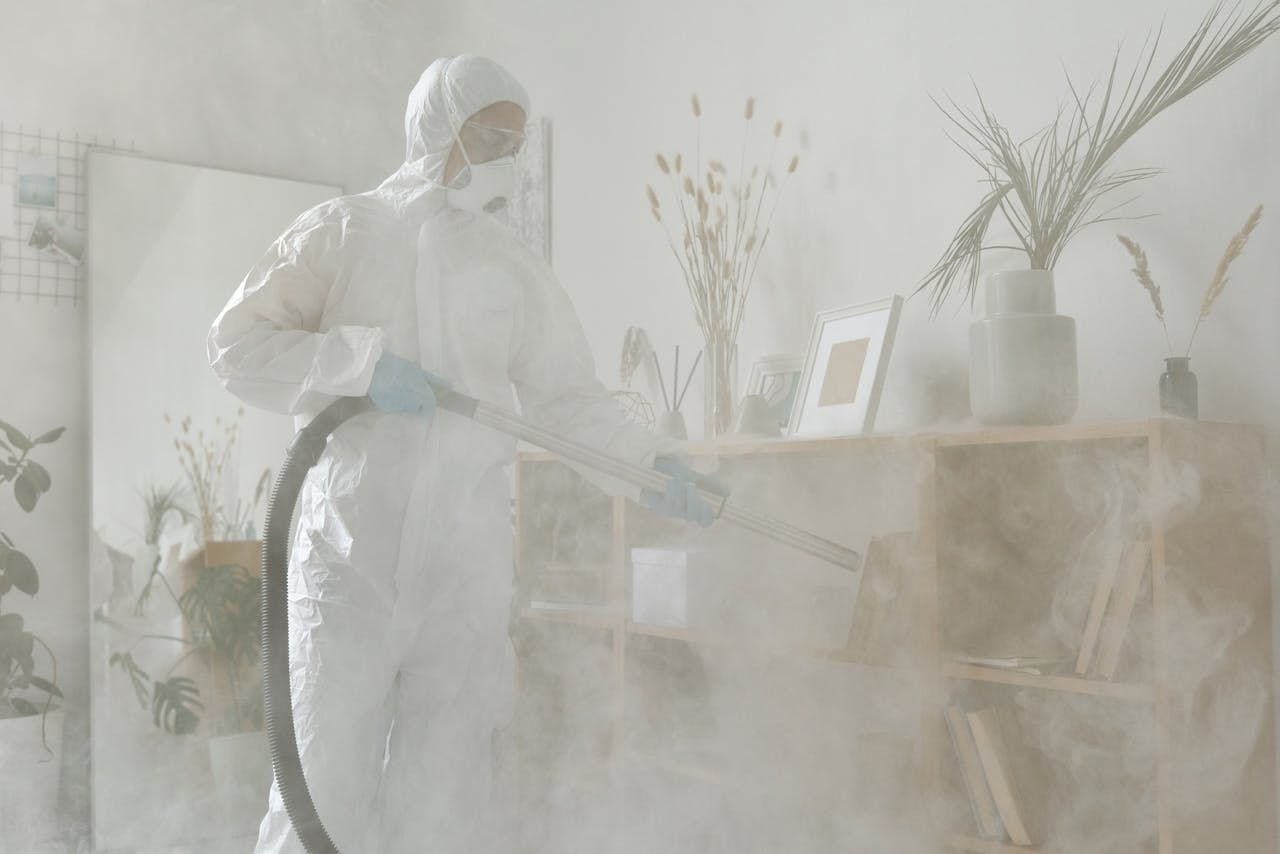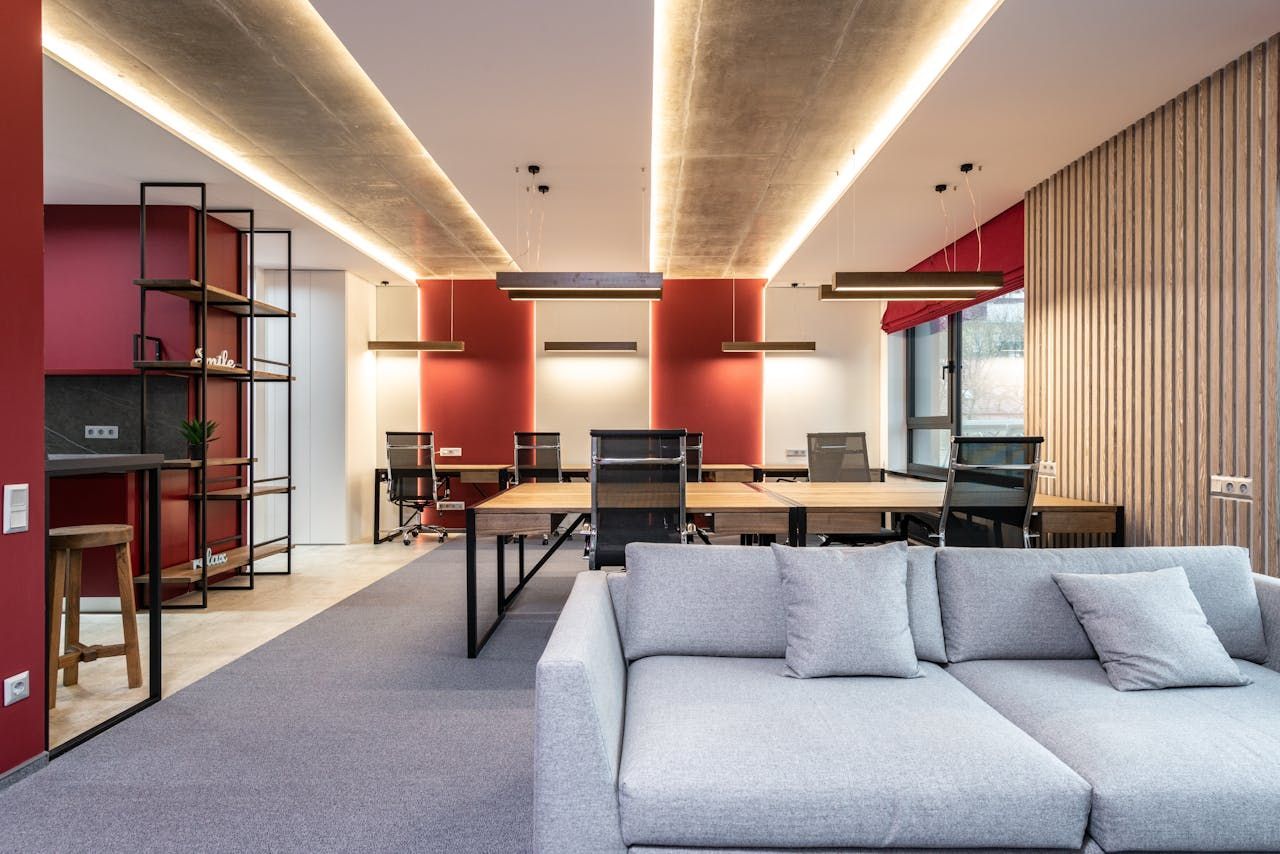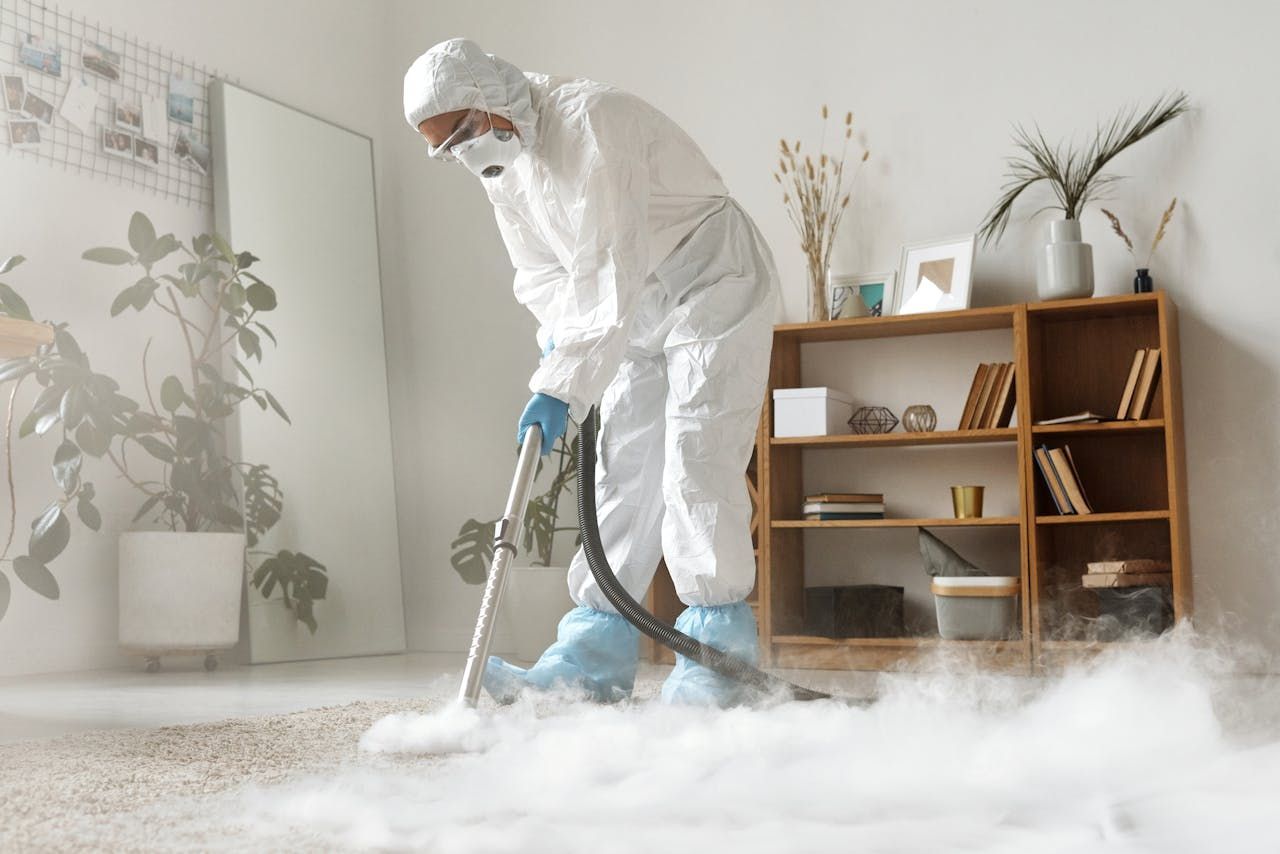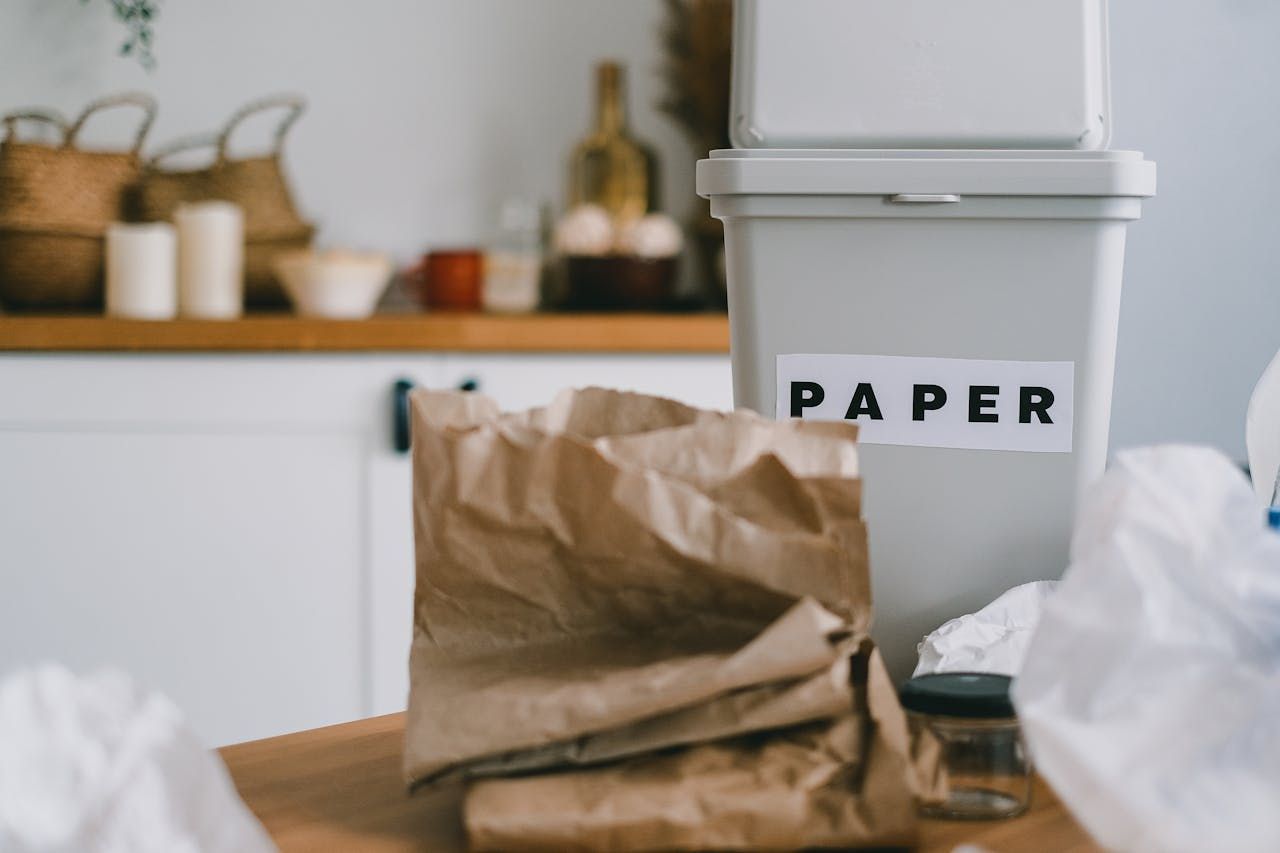5 Questions To Ask A Commercial Cleaning Company Before You Hire Them
A clean, hygienic office or workspace is essential. It’s something many take for granted. A good commercial cleaning company is often unseen - coming in when everyone has long since left the building. They put right what’s been disturbed and sullied during the day. When a great cleaning company leaves their workplace, it’s gleaming and pristine.
At least it should be.
Sadly, the cleaning industry - like others - has some brilliant businesses and some not-so-great ones. So how do you avoid hiring the ones that cut corners or miss things? How do you make sure the cleaning company on your books does things to the standard you want?
You start with a filtering process. Before you commit to anyone, you ask these questions. The answers will help you sort the good from the bad.
Question 1: What Services Do You Provide?
Let’s start easy. There’s no point going further if the company doesn't offer what you need.
To the average Joe, cleaning is cleaning. But to people like us, who eat, breathe and sleep cleaning, there’s a whole host of differences in the type of service you actually get.
Here are some examples to help illustrate what this means:
In one situation a nursery doesn’t just need the floors cleaned - the walls are often covered in little sticky fingerprints and the nappy changing areas need sanitising. This nursery likes to have regular deep cleans or bio-fogging to keep bugs and viruses (which tend to be rifer in nurseries and pre-schools) at bay.
In another situation, a beautifully restored office building with original wood flooring can get by with a standard floor sweep and mop. But a specialised wood floor cleaning regimen means that the stunning features are lovingly maintained.
By finding out what services they provide from the basics to the specialist, you know who is ready to proceed to the next question…
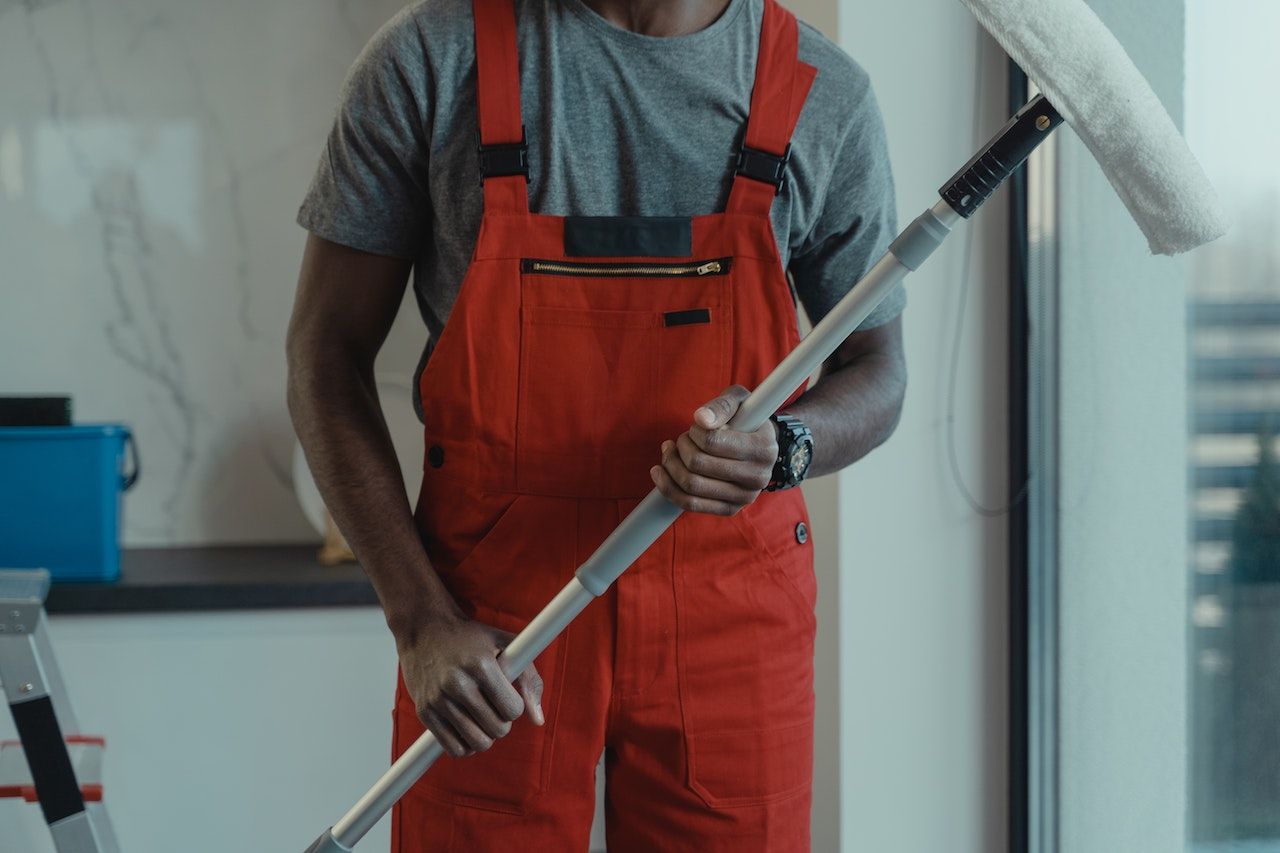
Question 2: Are You Insured?
Picture this - you hire a cleaning company to visit your offices for daily cleans. While the cleaners are doing their work, they accidentally spill a large container of bleach onto your expensive carpeting in the reception.
The carpet is mostly destroyed and will need to be replaced promptly with a carpet of equal quality. Although, no matter what there will likely be disruption for clients visiting your premises.
As a business owner or manager yourself, your first thought would probably go straight to insurance. The cleaners made a mistake, but you and your business shouldn’t have to pay the price. A good cleaning company knows this.
So what type of insurance should a commercial cleaning company have?
There is a wide range of insurance products available to a commercial cleaning company. Some of them are optional but good to have, while others are absolutely essential. For instance, public liability is a must. It protects a company against any claims or charges made against them or their cleaners.
By law, a company with workers should also have employer’s liability. Cleaning contractors usually have many expensive tools and hardware, so tools and equipment insurance is important to protect their own assets.
Be sure to understand exactly what insurance the commercial cleaning company you’re hiring has, so you can be certain that the level of cover provided meets your needs.
Question 3: What’s Your Experience & Expertise?
Experience matters. It gives you peace of mind that the people who are responsible for something as important as the hygiene and cleanliness of your workplace know what they are doing.
When you choose your cleaning company, you want to be sure your business is in safe hands. There are times when you want the reassurance of knowing that your cleaner knows what they’re doing because they’ve done it a hundred times before - for example, if you have a particular problem, such as the requirement for floors in your warehouse to be dry and slip-free by the time your staff return in the morning.
Experience isn’t the only thing that can indicate a reliable commercial cleaning company. Accreditations can go a long way in ensuring safety and high standards of work.
For cleaners specifically, accreditations such as Safe Contractor and the British Institute of Cleaners are strong indicators that your prospective cleaning company can be trusted with your building.
Question 4: Who Are Your Team?
Knowing who will be in your workplace is vital. The cleaning team has access to your space - often including private offices - so you must do due diligence on who they are.
A key thing to understand is whether the company’s cleaners are employed or subcontracted? Either option is fine, as every company works differently, offering a unique set of benefits to you. But, this can be an opportunity to find out how well they know the people they’re sending to your property.
This can be a chance to enquire about their team’s training. Do they all have the same level of experience and cleaning knowledge, or are there certain individuals who may be best suited to your needs?
You might be interested to find out what happens if your regular team or cleaner is sick too. Does the service come to a standstill or is there a plan in place? You can learn a lot from these friendly, simple enquiries.

Question 5: What Do Others Say About You?
Asking this question can give you a clearer understanding of two things; what others think of this commercial cleaning company, and how well this company listens to their clients.
You can ask the company themselves, and find out what their ethos is, but you can also do your own research. Reading testimonials and feedback yourself gives you a clear picture of the standard you can expect.
Do some digging, look at social media and online reviews.
Don’t forget to read the good and the bad - sometimes, a poor review can give you insight into how a business responds when things don’t go so well. They may turn a wrong into a right, showing the kind of values that you appreciate.
Asking Your Questions…
These questions are a good way to start your search for a commercial cleaning company that will be so consistently good that you can come to expect it every day. If you’re ready to ask your questions, we’d love to answer them. Request a quote here today.
